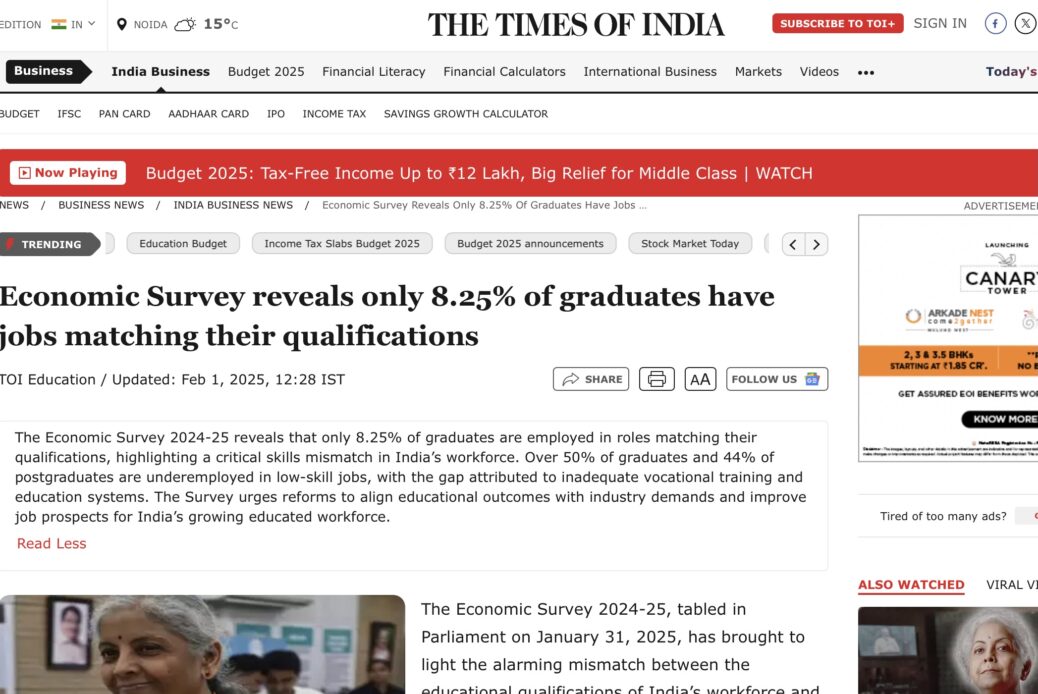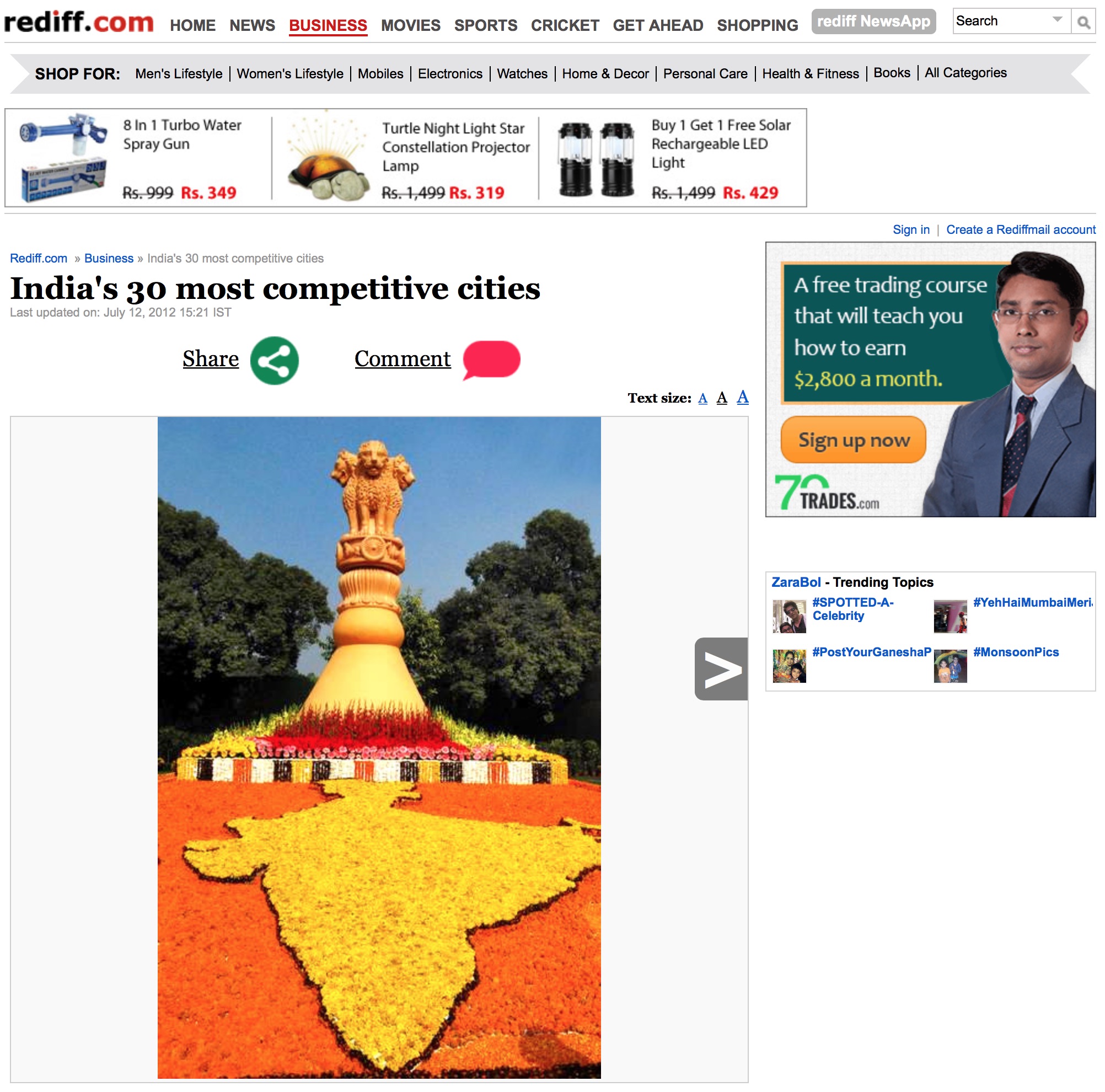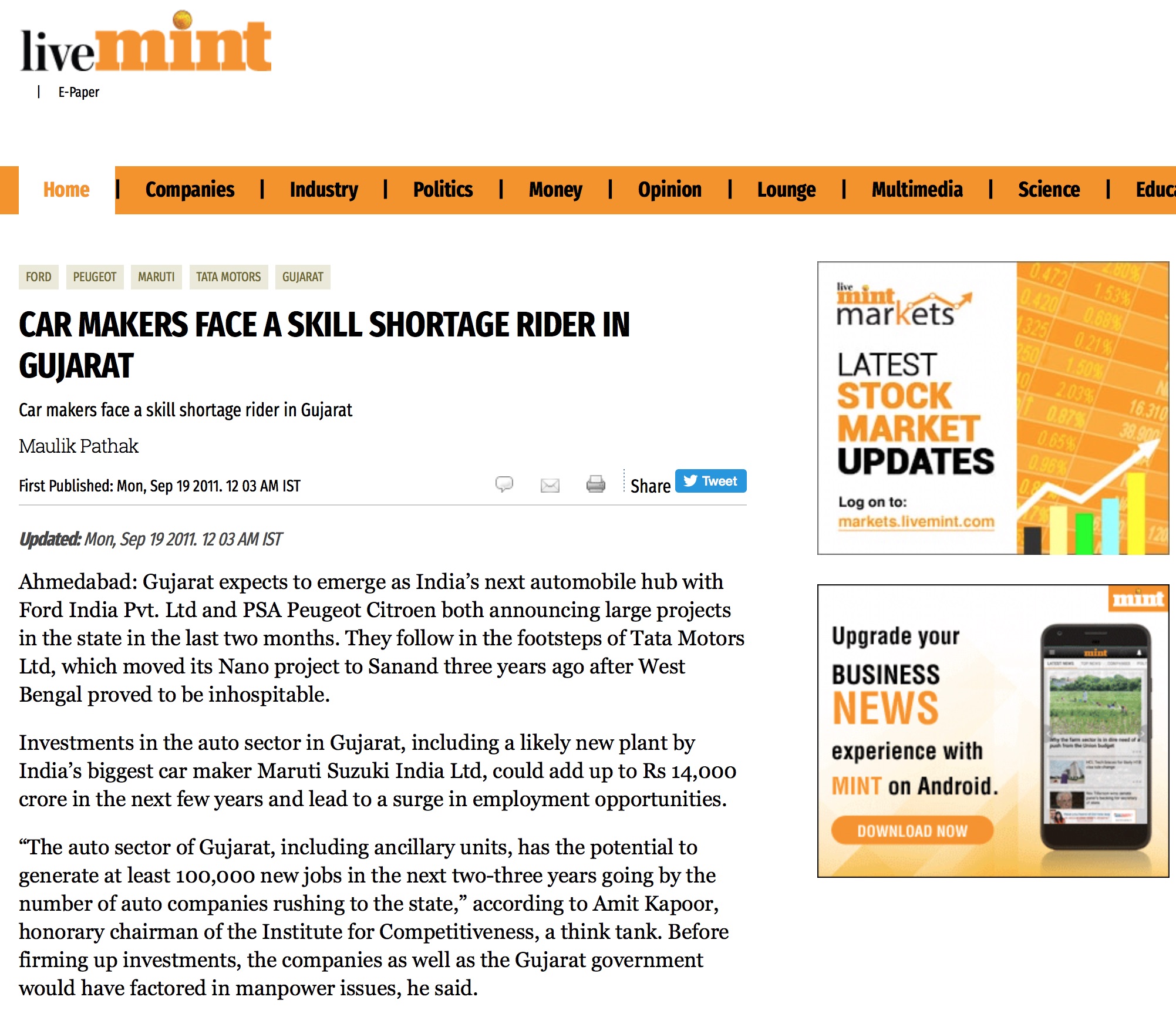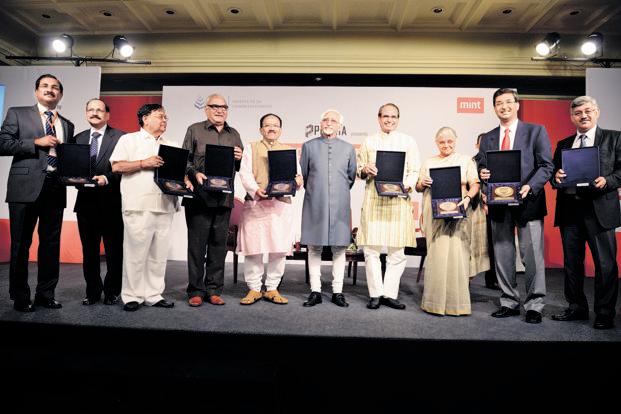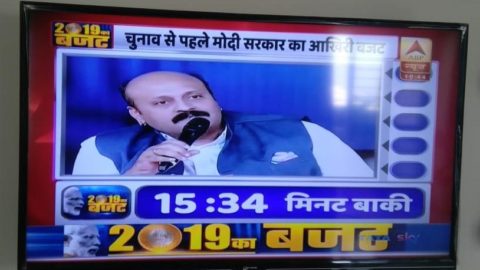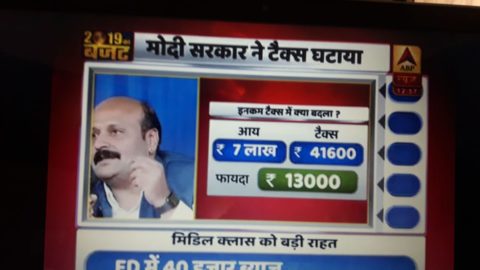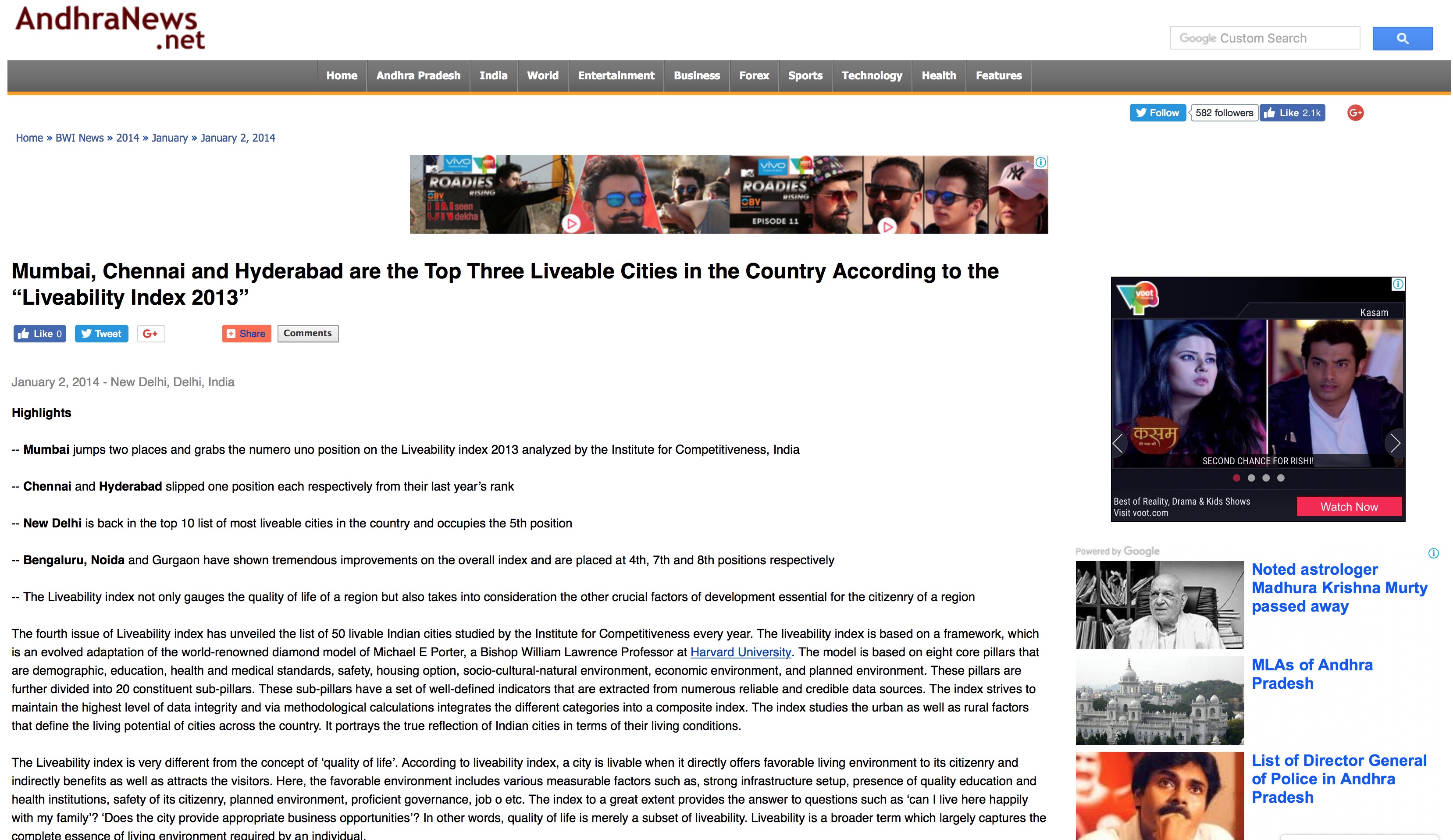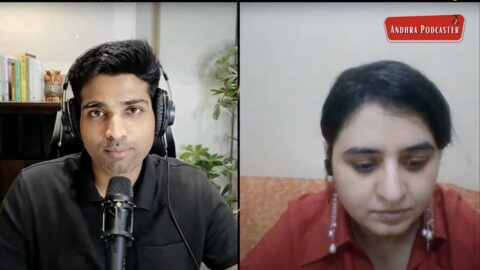The Economic Survey 2024-25, tabled in Parliament on January 31, 2025, has brought to light the alarming mismatch between the educational qualifications of India’s workforce and the jobs they occupy. According to the Survey, a mere 8.25% of graduates are employed in roles that align with their qualifications, highlighting a growing concern over the skills gap in the country’s job market.
Skills mismatch: A national concern
The Survey, which relies on data from the Institute for Competitiveness, states that over 50% of graduates are currently employed in “elementary” or “semi-skilled” jobs, roles that do not require the educational qualifications they possess.
This underemployment trend is also prevalent among postgraduates, with 44% in similar low-skill roles. The findings suggest a significant disconnect between the education system’s output and the skills demanded by the workforce.
One of the key reasons identified for this mismatch is the lack of sufficient vocational and specialised training, which leaves many graduates inadequately prepared for the professional demands of the market. The Survey emphasises that educational outcomes across different levels need a major overhaul to address the growing skills gap.
A deeper look at employment trends
The data further reveals the distribution of jobs according to skill levels and educational attainment:
| Education Level | Elementary | Semi-skilled | High Competency Skilled | Specialised |
| 10 Years/Informal Education | 32.13% | 66.30% | 0.29% | 1.28% |
| 12 Years of Education | 19.25% | 72.18% | 2.79% | 5.77% |
| Graduate | 3.22% | 50.30% | 8.25% | 38.23% |
| Postgraduate | 0.96% | 28.12% | 7.67% | 63.26% |
The data illustrates how workers with higher educational qualifications, such as graduates and postgraduates, are still largely employed in non-specialised roles. While 38.23% of graduates occupy jobs that are somewhat related to their qualifications, only 8.25% secure roles that require the level of competency expected from their education.
The financial implications
The Survey also highlights the economic disparity resulting from this skill mismatch. Among the workforce with advanced qualifications, just 4.2% earn between Rs 4 lakh and Rs 8 lakh annually in specialised roles. In contrast, nearly 46% of the workforce, particularly those in low-skilled jobs, earn less than Rs 1 lakh annually.
The need for immediate reforms
The Economic Survey calls for a substantial overhaul in both education and skill development policies. It underscores the importance of aligning academic curricula with industry needs, promoting vocational training, and fostering continuous skill upgrading to bridge the widening gap between education and employment in India.
The findings underscore an urgent need for structural changes to ensure that India’s vast workforce is equipped with the right skills to thrive in an increasingly competitive global job market.
Times of India coverage on the Economic Survey released on February 1, 2025. Institute for Competitiveness contributed a chapter on Skills in the Economic Survey 2024-25.

